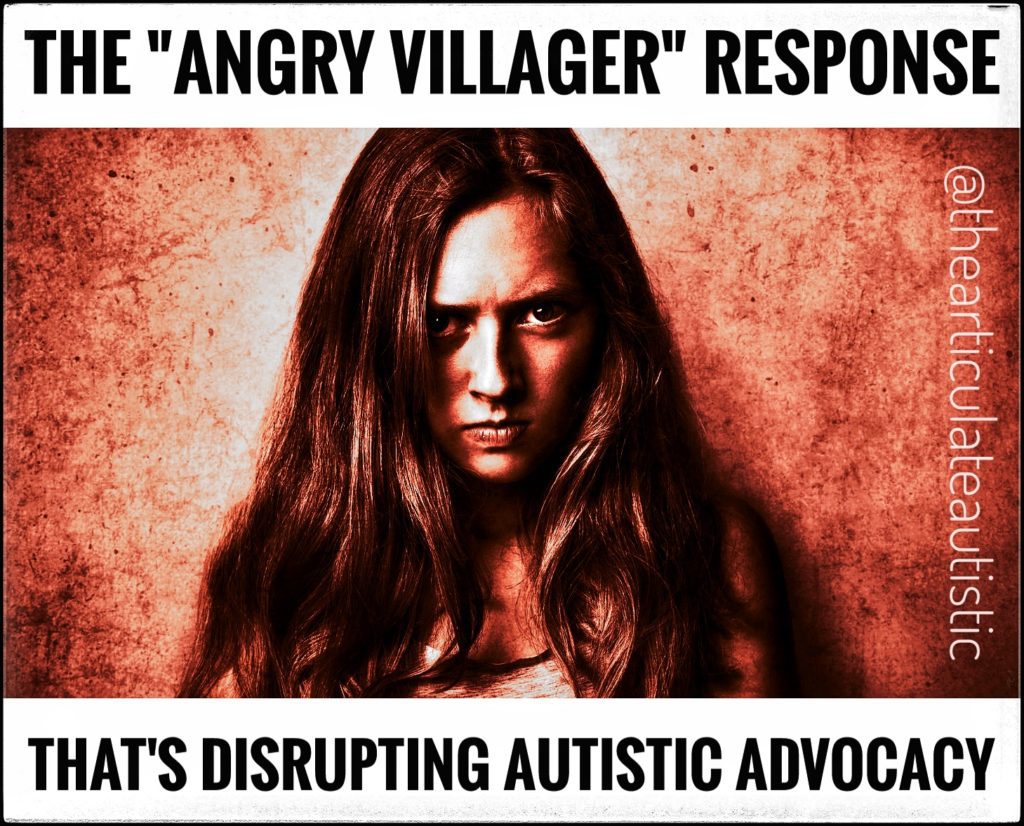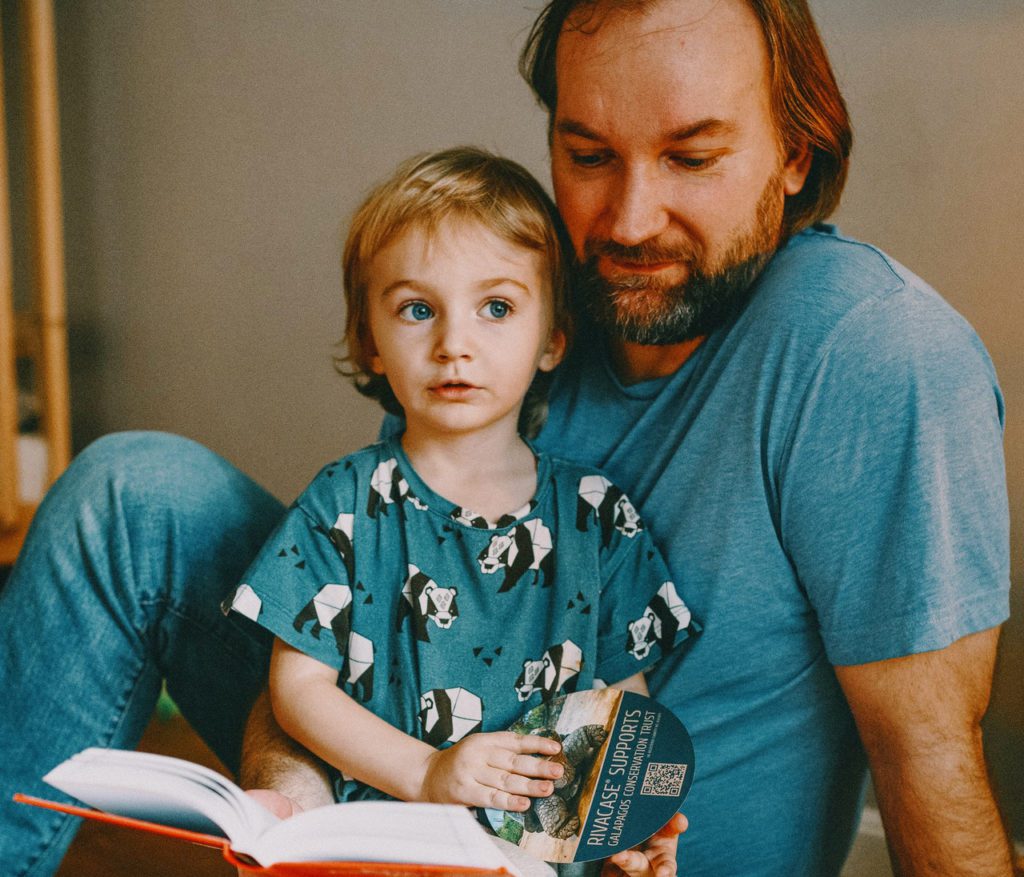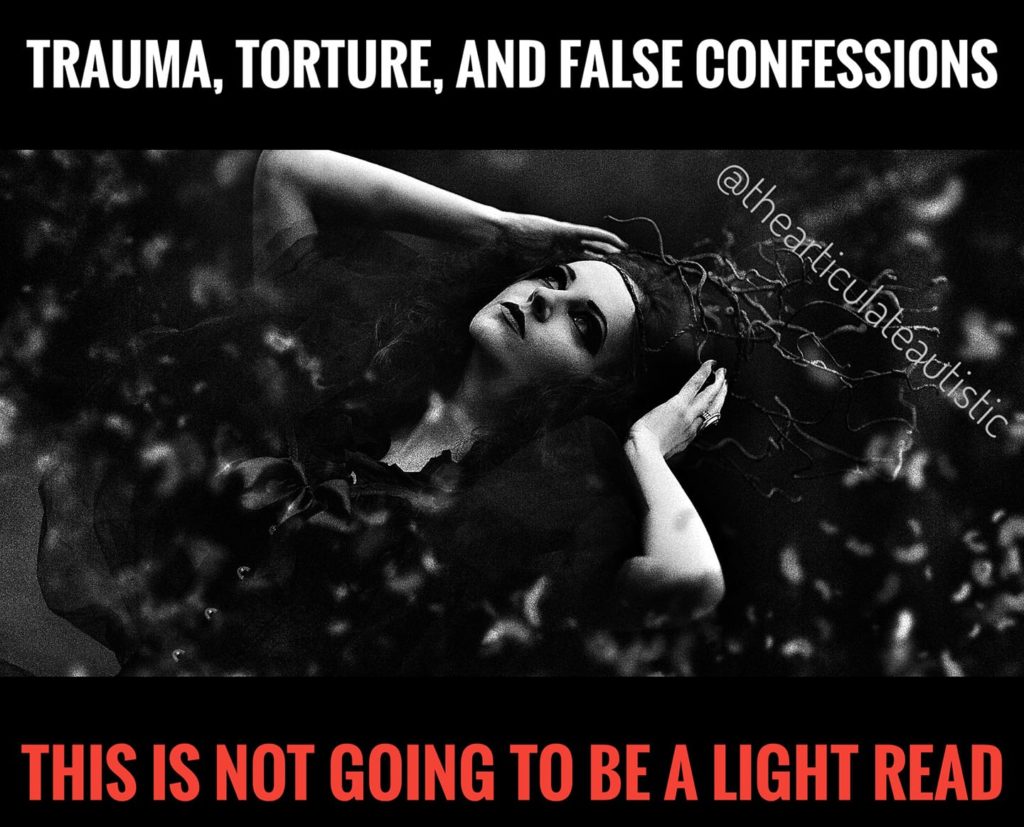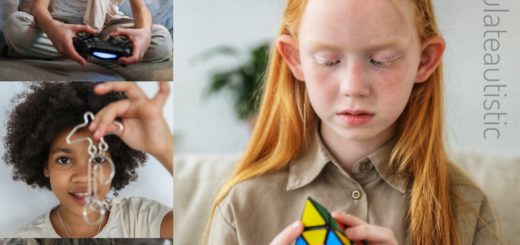Attention Adult Autistics: Attacking Well-Intentioned Neurotypical Parents Who Come to Us for Advice Harms Neurodivergent Children

“An admin turned off commenting for this post.”
I don’t know if this is a new trend, or I’m just catching on to it, but there is something some adult autistic advocates are doing in hybrid groups (where both autistic and neurotypical people converse) that I find very troubling.
It usually goes like this: A parent whose child was just diagnosed joins the group, makes their first post ever with offensive terminology (completely unaware that it is offensive) but with pure intentions of coming to autistic adults to ask for advice, and they are immediately dog-piled on by a group of autistic adults who were triggered by their question.
The dialogue gets so heated, the administrator of the page has no choice but to shut off comments for the post.
Now, I get it, many of us autistic adults have had to go through an incredible amount of trauma because nobody understood, at the time, that we thought and processed the world differently from them. They didn’t know that we were never being rude on purpose, talking back, being a wise-ass, or trying to get attention, etc. We were simply being ourselves. Unfortunately, too many of us were punished for just that; being ourselves.
I’m one of those autistic adults, and there are plenty of times when I’ve read posts from neurotypical parents that, whether they meant to or not, trigger me to the point where I want to tell them off, but I don’t.
Why?
Because doing so practically ensures that I will put their autistic child in harm’s way.
Because the parent is abusive? No.
Because by me telling the person off (especially if they are innocently asking a question, no matter how upsetting or triggering their phrasing is), I am virtually guaranteeing that they won’t talk to us anymore, and they will immediately run back into the arms of those who promote ABA and cure culture!
Adult Autistic Advocates Aim to PREVENT Childhood Trauma
I don’t know about you, but my primary goal as an adult autistic advocate is to make sure that everything I write that’s aimed at neurotypical parents helps those parents and their children avoid the confusing and traumatizing experiences I had as a child.
This is why I focus so hard on explaining the motivations and intentions of autistic people because those motivations and intentions are often very different from (and sometimes the opposite of) that of neurotypicals.
Trigger Warning: Su*cide Mention
This is what causes those horrible misunderstandings that result in shouting matches, tears, meltdowns, anxiety, confusion, fear, loneliness, hopelessness, and even suicidal ideation and attempts.
What many of us went through is unimaginable, and no matter how good some of us are at articulating our experience, we will never be able to get anyone who hasn’t been through it to truly understand the horror.
Those of us who’ve managed to survive our early years and become adult advocates are absolutely committed to making sure no other autistic or otherwise neurodivergent child, teen, or young adult has to endure what we did.
And what is the best way for us to do that?
By answering questions from confused and desperate neurotypical parents who are coming to us because their child’s doctors and educators have scared them half to death with all the horror stories of “dealing with an autistic child”.
Neurotypical Parents Asking Actually Autistic Adults Should Be Encouraged
I’m amazed at what the actually autistic community has been able to do for neurodivergent children and their parents.
Trigger Warning: AS Corporation
It’s been incredible that so many of us advocates have been able to turn parents (who are almost always traumatized by their child’s diagnosis because of what the “experts” make it out to be) from huge conglomerations like Aut*sm $peaks to us, the autistic adults who know exactly what their child is going through and how to help.

In my opinion, this is practically a miracle! We may be outspoken, blunt, and determined, but we are TINY compared to the big corporations who speak over us time and time again. The fact that parents are finding us and actually LISTENING to us is amazing, and I don’t want that to stop.
I don’t want a neurotypical parent’s first encounter with the actually autistic community to be one where we tell them off for the language they use or the choices they’ve made simply because, up until that moment, they didn’t know any better!
That’s where autistic people come in, not where we shove neurotypical people out!
When I see confused parents being chased out of groups, I tend to reach out to them personally so they don’t give up on the autistic community entirely and go back to the doctors and educators that scared them in the first place.
Remember What It Was Like When You Didn’t Understand
Remember when you had no idea you were different, and you went up to your neurotypical peers on the playground to engage with them, and they just laughed and walked away? Nobody gave you a chance. You were just “weird” and unlike them, so they felt it was OK to just write you off.
Well, neurotypical people are not like us, but that doesn’t mean it’s OK for US to write THEM off.
Us adult autistics are painfully aware of what it’s like to be hated the second we walk into a room. And, for some neurotypical parents, that’s the exact experience we are giving them, and, not only is it hurtful and unfair to them, the repercussions of those negative encounters can and often will cause inadvertent harm to their child.
A Note About “Warrior Moms” Who “Love Their Children But Hate the Autism”
Now, there are well-meaning parents out there who simply don’t understand our way of thinking, our experiences, our lingo, etc. They tell their stories from a neurotypical vantage point and aren’t aware of the puzzle piece being offensive or that ABA is not a helpful or effective therapy, stuff like that. Again, telling these types of parents off for simple ignorance is not only unnecessary but damaging.
That said, there are plenty of neurotypical parents out who come into actually autistic forums with their minds already made up. These aren’t parents who genuinely want help, they’re parents who call themselves “warrior moms” and “warrior dads” who say that they love their child but “hate the autism”.
Now, I’m not saying these people don’t deserve a fair shake, too. I think the best first approach is to always assume simple ignorance on the part of the neurotypical parent and start with an educational dialogue.
However, when and if that doesn’t work, and the neurotypical person continues to use abusive language and talk over actually autistic voices, then telling them off and/or banning them is more than justified.

After all, they already have their minds made up, and they weren’t planning to listen to us anyway. All the emotional labor a group of autistic advocates could put into trying to have a conversation with them would be pointless and unnecessarily exhausting (and we all know how little energy most of us have to begin with).
These Neurotypical Parents Aren’t The Ones Who Hurt You
As an autistic adult who frequently gets triggered due to PTSD, I fully and genuinely understand the knee-jerk impulse to tell a neurotypical parent off when we see them saying or doing something we know may be harmful to their child.
However, and I may ruffle a few feathers here, it is so important for each autistic advocate to remember that these neurotypical adults are NOT the ones who hurt us. They may use similar words and approach their autistic children in similar ways, but they are NOT the people who hurt us. The people who hurt us didn’t have any actually autistic adults as resources, these people do, and they are coming to us.
That gives us a sacred responsibility.
If, as an autistic advocate, you get triggered by something a neurotypical parent says or does, and you feel you can’t engage with them without telling them off, don’t. You have every right to protect your own feelings and sanity at any time, and you are never obligated to respond to these posts.
You Can Be Blunt Without Driving Neurotypical Parents Away
You may think from reading this article that I’m saying adult autistic advocates should treat the neurotypical parents who come to us for advice with kid gloves, but that’s not the message I’m trying to get across.
We’re autistic, we’re blunt, and we will tell you how it is. That’s just the way we roll. However, there is a difference between answering a question bluntly and running the neurotypical parent out of the proverbial village, pitchforks and torches in hand.
Finding the balance between these responses is a key component of effective advocacy.
As usual, let me illustrate my meaning with an analogy:
Samantha has just been told her six-year-old daughter, Lacey, is autistic. The psychologist who evaluated Lacey just spent the better part of two hours overloading Samantha with unfamiliar terminology, frightening statistics, the “horrors” of raising an autistic child, as well as a heap of literature on ABA.
When Lacey goes to bed, Samantha, already frazzled and exhausted, decides to join a social media group run by autistic adults and makes the following first post:
“Hello. I’m new to the group. My daughter, 6 years old, has been recently diagnosed with autism. I suspected this for years as she is unable to speak or communicate with us and has frequent screaming and crying tantrums. The doctor suggested ABA, and my husband and I want to do that, but we’ve heard it could be abusive. I’m afraid I can’t deal with the autism myself at home as I work two jobs and am pregnant with our second child. What can I do to help my daughter, and can I do it before my second child is born (I’m three months along)?”
I know. I know. Even I want to yell at this mother, and she doesn’t even exist, but wait.
Now, here are two possible responses. One I’ll call blunt the autistic response and the other I’ll call the angry villager response:
Blunt Autistic Response
“Wow. OK. Lots of offensive terminology being used here. But, you probably didn’t know that, so let’s back up: Most autistic people prefer to be called autistic people not people with autism. We use identify-first language, not person-first language (although I’m sure your doctors said differently, they do that). Also, the “screaming and crying tantrums” you’re talking about are called meltdowns, not tantrums. Unlike tantrums, meltdowns are neurological events that your daughter can’t control. When you say she can’t talk or communicate, that actually IS her way of communicating with you because she doesn’t seem to have an accessible form of alternative communication to use before she gets so frustrated, she has a meltdown. Have you tried alternative options like an iPad or communication cards?

Yes, ABA is abusive, and I will get to that later, but when parents say they are “dealing with the autism”, it’s offensive and hurtful to us and will be to your daughter. Autism is not an add-on feature. You can’t love your child and hate dealing with the autism because there isn’t a neurotypical child “underneath” the autism. They are autistic. Full stop. That’s never going to change.
Neurotypical and neurodivergent (ADHD, dyslexia, autistic) people speak two different neurological languages, and it sounds like what you need help with is translating the two so you and your daughter can understand each other better and things can be a bit calmer in your household before the baby comes. Does that sound right?”
Angry Villager Response
“I feel SO bad for your daughter!! “Deal with the autism”. Are you serious?? Autistic people are autistic, that’s it. So sorry you have to DEAL with your autistic child. You poor “warrior mom”. Next, you’ll be whining and complaining about how horrible it is to be an aUtIsM mOm and put puzzle piece stickers all over your car! Oh, poor me! My child is autistic, but I have puzzle pieces ’cause I’m a wArRiOr mOm. In fact, I feel bad for BOTH of your children, and one isn’t even born yet. You never should have had them in the first place!! Get out of here, you selfish, heinous, ableist, [insert desired curse word here]!!”

Yes, those ARE two extreme examples of the response types, but do you see what I mean? One is engaging and educational and shows an intent to help while the other runs the already exhausted and confused mom out of the group, and, you guessed it, right back into the arms of the puzzle-piece-using, ABA-loving, doom-and-gloom psychologist!
Is that really the first impression us autistic advocates should be making on vulnerable parents who are raising even more vulnerable children? Because if it is, we’ll be lucky if they ever come back to us again, and, by then, it will probably already be too late.
The Takeaway
If you’re an adult autistic advocate and a neurotypical parent comes to you for advice, start by being welcoming and informative, or don’t respond at all. Oftentimes, we only get one shot at making a first impression on a bedraggled parent. Let’s make sure it’s a good one, if not for their sake, then for the sake of our former younger selves; their children.

Follow me on Instagram.


As someone who’s primary caregivers believed the autism could be beaten out of me, as someone who would do anything to have said caregivers take the 5 minutes to research or ask questions (even badly worded ones) the idea of “chasing off” people that are looking for advice, support and/or answers is completely baffling… think of the child they are asking for/about… they have someone that cares, even for the few minutes it takes to write a post or message- even if that person is using the most offensive or triggering terminology; if they don’t know the language they are using is offensive, and have genuinely good intentions, to “attack” them and drive them away is just so wrong… when many of us would have done ANYTHING for SOMEONE just to try and understand.
I’m worried I’m coming across rude and/or “shouting” at a specific person… just to clarify I’m not! 🙂
Jay